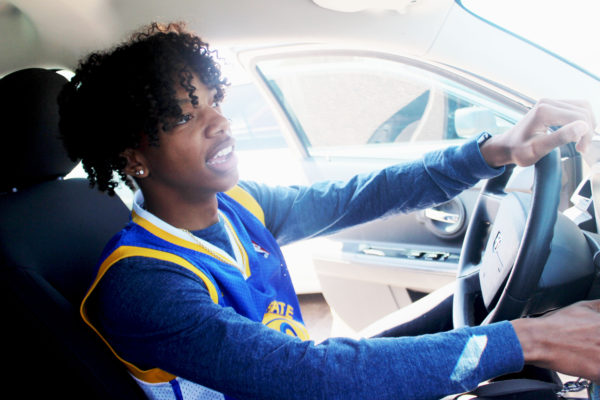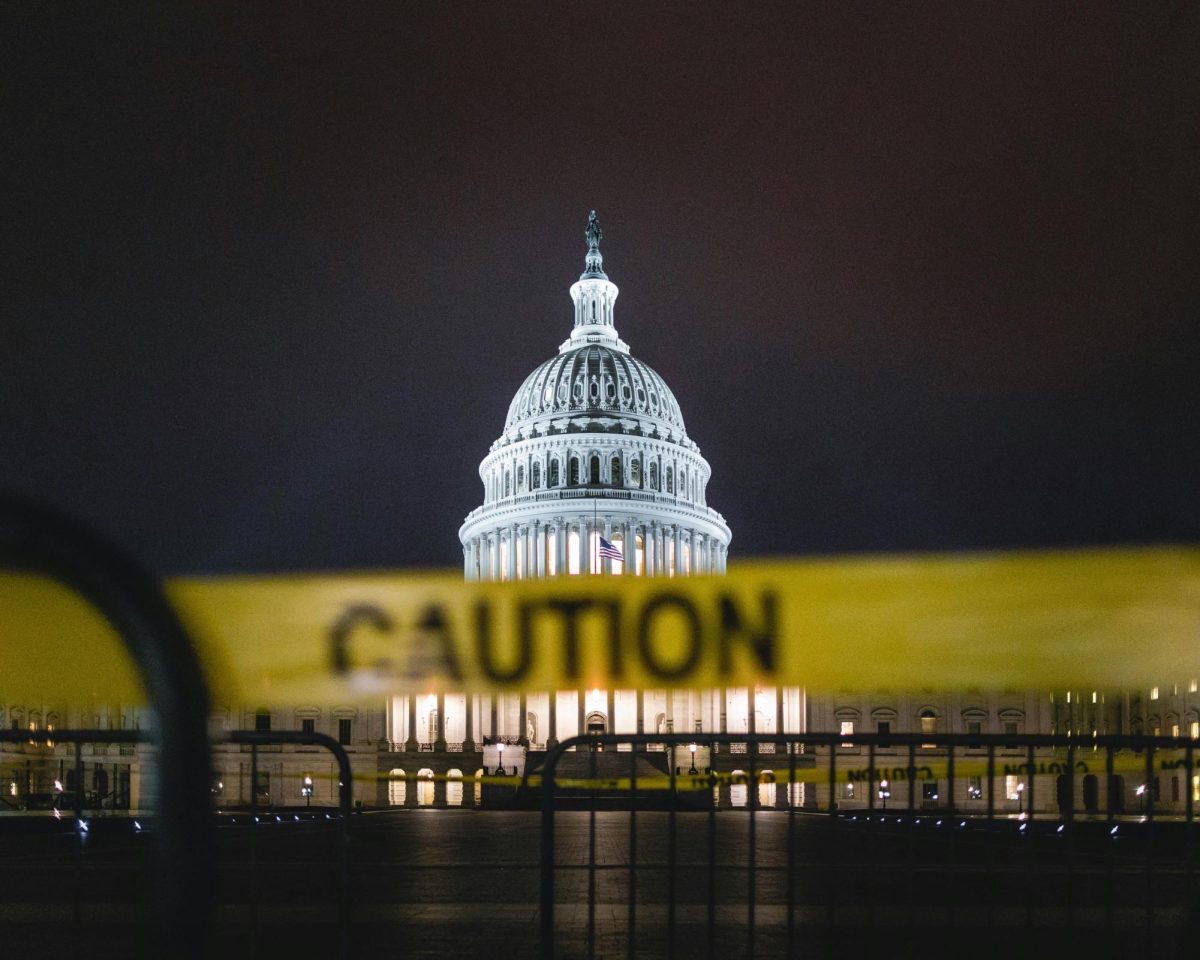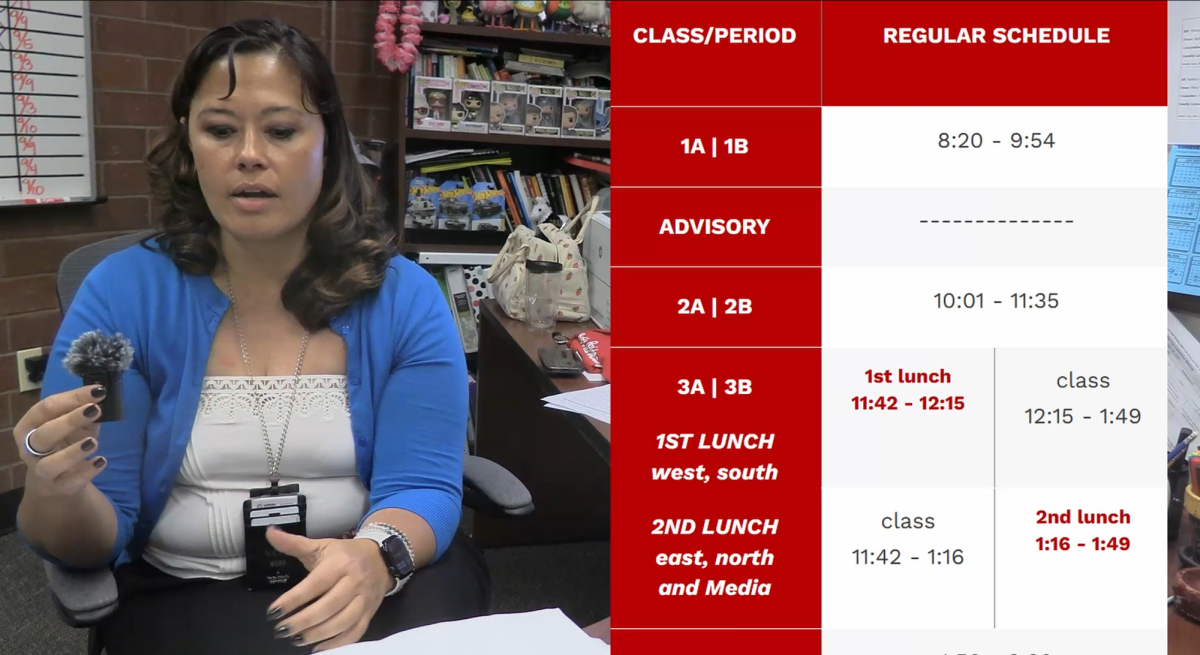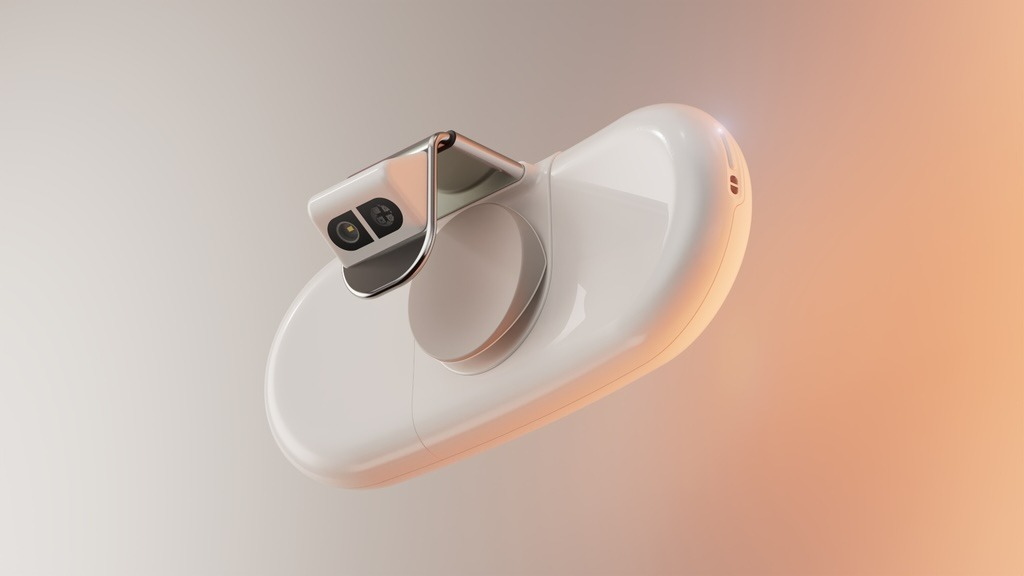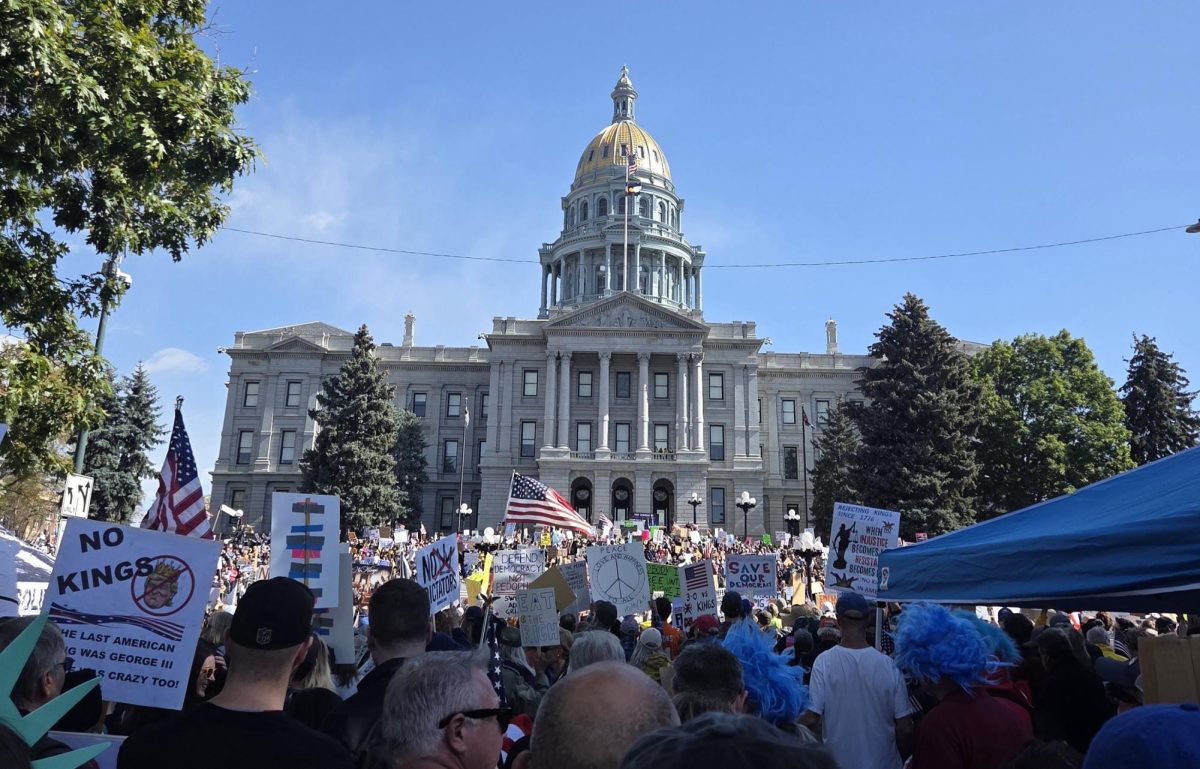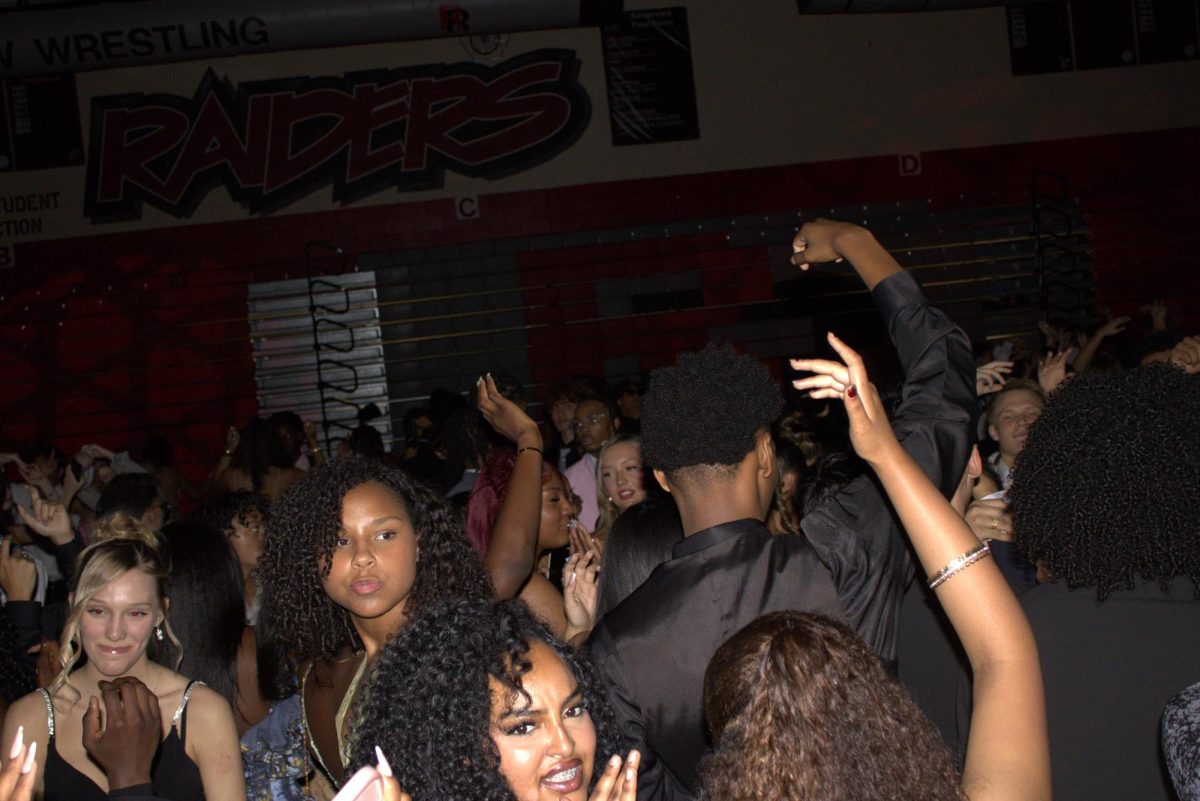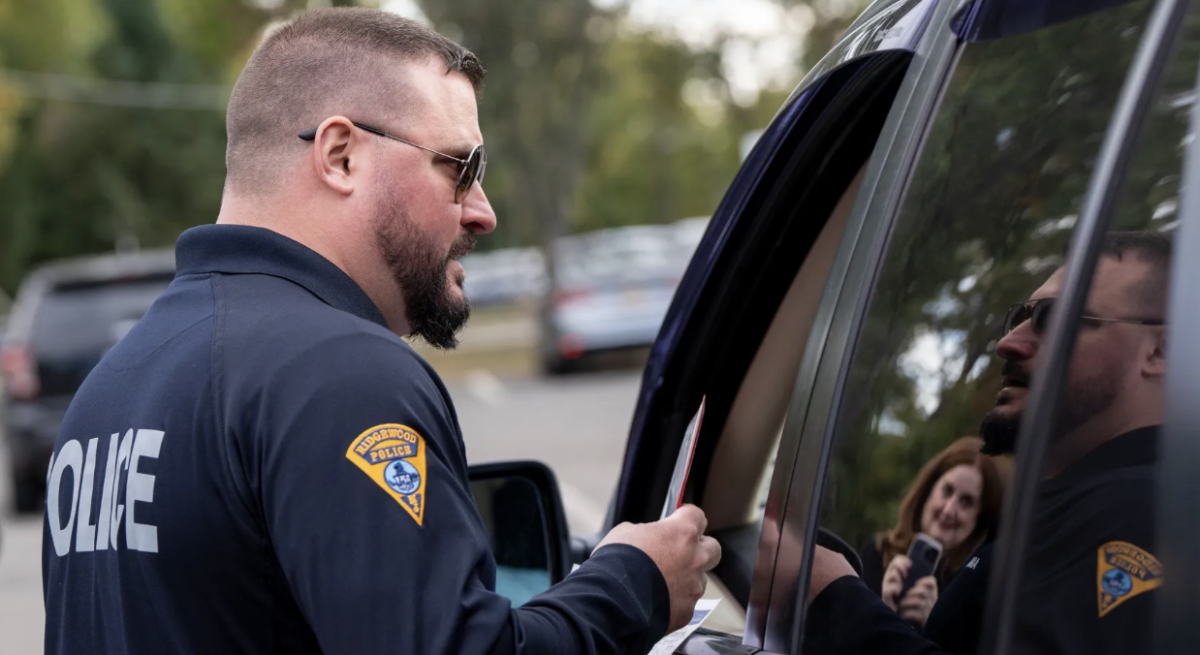Feature Photo By: Jayah Caley – Dallon poses in his car–the one we were pulled over in. “Once he saw that I was black, I felt like it was over for me,” stated Dallon.
April 19th, 2019, around eleven at night I was on my way home with four of my friends: Rebeca Workineh, Dallon DeLoach, Thien Nguyen, and Hasian Simamora when we were unjustly stopped by an Aurora police officer.
We had the windows down and the music was low as we drove by a group of people. Hasian, who was sitting the passenger seat, knew these guys and stuck his head out the window to say “wassup.”
It seemed that everything fell silent at once and the words of one of the guys walking in the group yelled, “bro, the police are right there.”
Immediately, my heart dropped.
I was sitting in a car with all minorities, three of us being Black and two who identify as Asian American. The flashing blue and red lights turned on and immediately we pulled over to the side.
We are all good students, most of our GPAs being in the top 10% and all in honors and AP classes. We don’t fight and we don’t hurt others — we are good kids.
Dallon, our driver, began to turn his car off when the officer on the right yelled in an aggressive, angered tone to turn off his car before giving him the chance to in the first place.
Then, the officer again yelled in a tone that turned my soul to stone for all of us to put our hands outside of the window and not to move. In this moment, I knew this was not the “normal” procedure and in that same moment, I began to question if these would be my last minutes alive.
The officer approached us, didn’t give a reason for pulling us over and then began to insult all of us — they called us “stupid” and “idiots.” Repeatedly.
He began to mock us by asking about a fight (that we were unaware of) as we were on our way home that Friday night. He repeatedly accused us of having to do with the fight and continued insulting us. As he shined his flashlight into each and everyone of our faces, he began to laugh and mock.
“Why are you guys out here fighting? Do you think you’re cool? You all are a bunch of idiots. I can take you all to jail right now if that’s what you want,” said the APD officers as we all sat silently in fear.
He proceeded to ask us our ages, when we all said we were either 15 or 16, he again felt obligated to remind us that we are “stupid” and ruining our own lives; but again, we were only driving home from Sonic following the speed limit and being genuinely safe.
Dallon, who was the driver, was visibly scared, just as the rest of us were. Yet he remained calm as he was harassed and belittled by this officer.
“That’s just your face? Fix it, Mr. 4.6 GPA. You wanna go to jail at 16 years old… and completely wreck your future? Stop being stupid,” said the officer in a mocking yet threatening tone to Dallon after speaking on the phone with his mother.
The officer had asked where his license was and Dallon calmly responded. The officer yelled at him to not move and to not get it. Then, seconds later, asked him to get it. After presenting his license, the cop angrily asked for his registration. When he went to grab it, the officer moved his hand to his gun and yelled, “Did I tell you to move?”
“I felt like I was in danger and I felt like I had to fight for my life man,” said Thien, another one of my fellow passengers.
Again, my heart dropped and Rebeca (who was sitting next to me) was completely overwhelmed by her emotion and began to scream and cry out.
We all knew this could be life or death.
We all know that our blackness is seen as a threat to police.
We knew our emotional reactions could get us killed in that moment.
No one ever taught me that my blackness is seen as a weapon to some — I had to learn that all on my own, that night. One day I may even have to teach my children that, and that’s the heartbreaking society we all live in.
The officer who has taken away more of my innocence can go home; I cannot leave that night.
I felt hopeless. I now drive in fear and every time I see a Ford Explorer, as I wonder whether or not it’s a cop car.
He can take his badge off. He can remove his uniform. He can wash his uniform and pretend as if all the trauma he’s caused five individuals on the night of April 19, 2019 is washed away with the dirt on his sleeves.
Me? I cannot remove that night from my memory. I cannot wash it away. I cannot remove the melanin in my skin that gives me a brown complexion. I cannot see police officers the same. I cannot unhear the screams and crying out of one of my best friends as we sat together wondering if this was our last night.
All the good I do and have done is invisible behind my skin color.
Being dehumanized and barked at like animals is an experience that I don’t wish upon anyone.
All I want to know is, would this have happened if we were white?
I do not hate all cops; however, my initial feeling when approached by or when seeing one is always fear and anxiousness. I also do not believe that all cops are bad; in fact, I do believe “good” cops make up the majority.
A “Blue Life” is a cop/police officer. Blue Life became a more popular term through the Blue Lives Matter Movement that originated in 2014, about a year after and in response to the Black Lives Matter (BLM) movement that originated in 2013.
But the truth is, blue lives don’t exist.

The Black Lives Movement is aimed to bring awareness and end police brutality in the Black and African-American communities.
Here are a few facts revolving around police brutality in the United States:
- Black people are 3 times more likely to be killed by police than white.
- 1 in 4 people who are killed by police are unarmed.
- In 2010, the most common form of misconduct was excessive force.
- Less than 3 percent of officers were charged after being accused of police brutality in 2015.
This is a reality.
The real question that needs to be addressed is, what can we do in our community to begin to work on and mend this broken relationship between the kids of color and the police?
I took the initial step and decided to go talk to a police officer who has a lot of influence here a Rangeview, with hopes of coming up with a place to start to mend. I went and spoke to Officer Michael Dziurgot, Rangeview’s SRO (School Resource Officer).
When asked if Officer Dziurgot believed there was broken trust between POC (people of color) and the police, he agreed that the trust and relationship is flawed; however, he then said, “I don’t know what trust has been broken.”
Officer Dziurgot said, “I didn’t break this relationship but somehow it’s now my job to fix it? I mean, people can come in here whenever and we can discuss the 4th Amendment.”
Going into this interview, I was scared and intimidated to sit down and speak with another police officer days after fearing my life from another member of the Aurora Police Department. I was so worried that the only way I agreed to the interview was if I could bring one of my white friends with me, because in my head this is the one leverage I would have. I thought to myself that my blackness may be less intimidating under these circumstances.
“People who hate the police generally don’t have negative experiences with the police,” said Officer Dziurgot.
People see what’s happening to people who look like them and immediately someone else’s experience has now become a negative reality that they too must live with. As a POC, we are always at risk because of our skin color. I tried to explain my recent experience to Officer Dziurgot.
When speaking to Officer Dziurgot, I made suggestions to make a time and place where students here can have open conversations and simply have a positive experience with the police. Unfortunately, the only response that I got was that “students can always come to me.”
In our society and our culture, many teens — especially those of color — are very uncomfortable with even the idea of contact with the police regardless of it being a positive or negative experience. I thought this could be a good start.
“…people who abide by the law and do right and their goal is to do better don’t have negative contact with the police…,” continued Officer Dziurgot, despite me explaining my recent experience to him.
I don’t break the law. I have over 200 hours of community service. I have a 4.6 GPA. My dreams are to become an educator to “do better,” yet here, I was doing exactly what he mentioned and still had to have this negative contact that will stick with me forever. We were never even ticketed. For me, this wasn’t an act of kindness to simply not give us a ticket; this further proved that what happened that night was unjust.
A blue life is used in comparison to a black life and even gained popularity through it being a rebuttal to the Black Lives Matter movement. This being said, black and African-American men and women can never remove their skin, they can never remove their history in this country, they can never take away the surface-level and systematic racism and injustice that they fear their sons and daughters may experience.
Police officers can simply take off their blue at the end of the day.
A cop has a choice.
